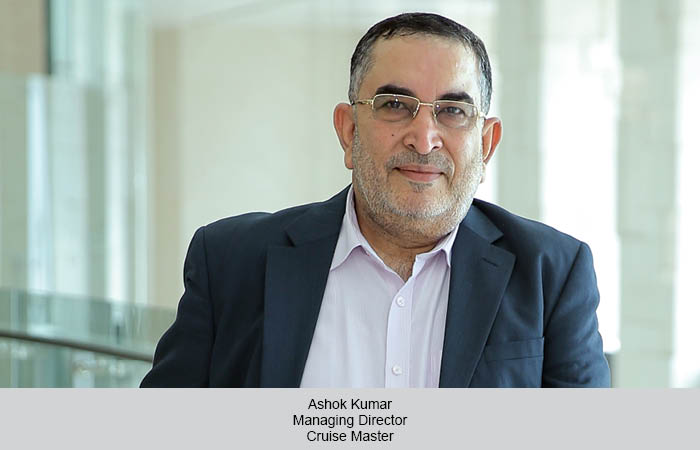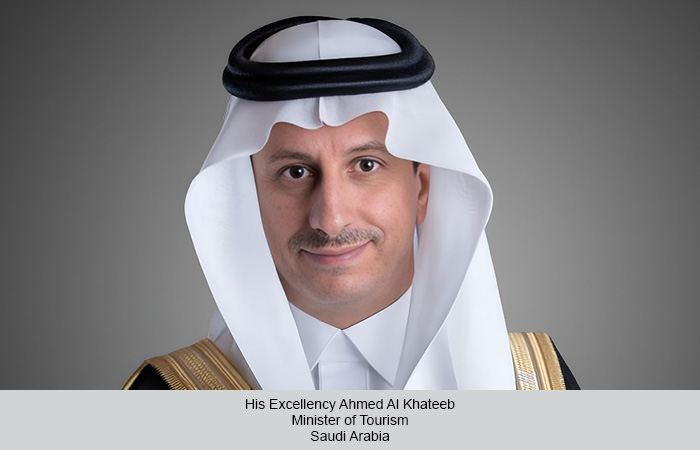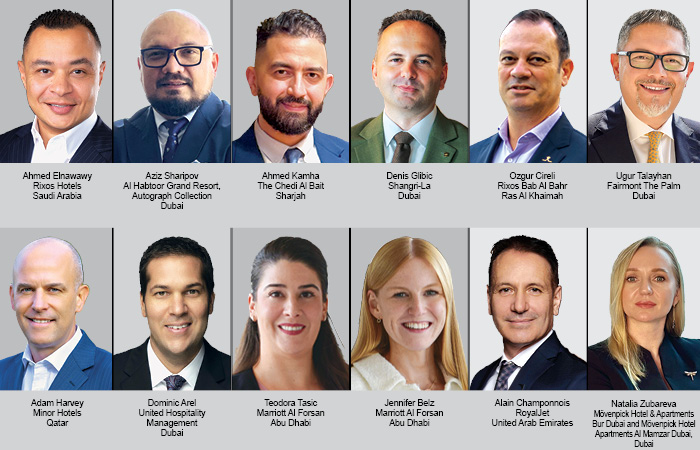The cruise industry has shown a remarkable resilience globally, and the Middle East is no exception. As we move further into 2024, the expectations for the cruise industry in the region are high. In an interview with TRAVTALK, Ashok Kumar, Managing Director, Cruise Master, shares his views on passenger numbers, new source markets, and diversified travel experiences.
TT Bureau
Emerging source markets and changing passenger demographics
Historically, the Middle East cruise industry catered to affluent seniors looking for leisurely vacations, but recent years have seen a surge in interest from younger travellers. Millennials and Gen Z, often drawn to immersive and experiential travel, are now key demographics for cruise lines. This shift can be attributed to several factors; the evolution of cruise experiences (such as themed cruises and adventure-based itineraries), the rise of social media, and the growing perception of cruises as fun, social, and affordable ways to explore multiple destinations.
Another emerging trend is the increasing participation of passengers from new source markets. While the UAE, Saudi Arabia, and Qatar continue to provide strong customer bases, we are seeing growth from India, the wider GCC, and even some European countries.
Travel agents and the seasonal nature of cruises in the Middle East
The cruise sector remains heavily reliant on travel agents for business in the Middle East, particularly as cruises are seen as a high involvement purchase that benefits from expert advice. In this region, the industry is seasonal, with most cruises operating from November to March when the weather is more favourable. Travel agents play a pivotal role in promoting these seasonal offerings, often taking extra initiatives, such as creating personalised itineraries and running exclusive promotions to boost sales during the peak season. However, despite their efforts, the willingness of travel agents to push cruise products varies. While some agents focus heavily on cruises and actively seek out partnerships with cruise lines, others tend to focus on more traditional land-based vacations. For cruises to gain further traction, there may be a need for additional training and education to demystify the cruise experience for both agents and their customers.
Incentive schemes in the cruise industry
Incentive schemes in the cruise industry are unique and tailored to encourage agents to sell more cruise packages. Unlike other industries, where incentives might focus solely on financial bonuses, the cruise sector offers a mix of rewards. These include familiarisation trips (fam trips) and bonus commissions.
Dubai and regional growth
Dubai continues to be a major player in the cruise industry, with its two world-class cruise terminals acting as home ports for numerous international cruise lines. Passenger numbers have been on the rise, with Dubai welcoming around 900,000 cruise passengers in recent years. This growth has been supported by the city’s exceptional infrastructure, robust marketing campaigns, and its appeal as a global tourism hub.
Cruise’s future in the ME
The cruise industry in the Middle East is poised for significant growth over the next five to 10 years. As Saudi Arabia opens its doors to international tourism, we expect to see more cruise lines establishing home ports there. Qatar and Oman, too, are likely to expand their presence in the cruise market as they continue to develop their tourism sectors.
 TravTalk Middle East Online Magazine
TravTalk Middle East Online Magazine





